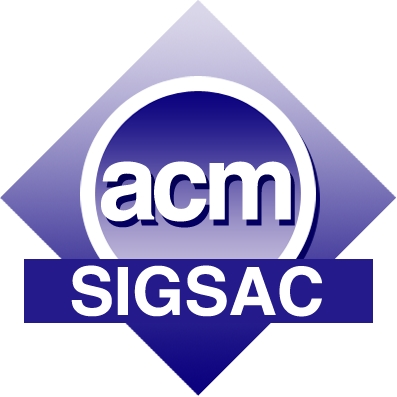|
PDF Call for Papers (Preliminary) Call For Papers Artificial intelligence (AI), machine learning (ML), and data mining
(DM) are related to a number of emerging security and privacy problems.
Firstly, AI algorithms are part of critical infrastructures, such as
electrical grids, road networks and healthcare applications. ML is
increasingly important for autonomous real-time analysis and
decision-making in domains with a wealth of data. The use of learning
methods in security sensitive domains creates new frontiers for security
research, in which adversaries may attempt to mislead or evade
intelligent machines. Additionally, ML and DM techniques create a wealth
of privacy issues, due to the overabudance and accessibility of data.
The 2014\ \textcolor{myblue}{\bf ACM Workshop on Artificial Intelligence
and Security (AISec)} provides a venue for presenting and discussing new
developments in this fusion of security/privacy with AI and machine
learning.
Paper formatThis year we invite both original submissions and presentation-only papers. Please indicate the type of submission when submitting.
Topics of interest include, but are not limited to: Theoretical topics related to security
Security applications
Security-related AI problems
|
7th ACM Workshop on Artificial Intelligence and Security |

|
Navigation
|
